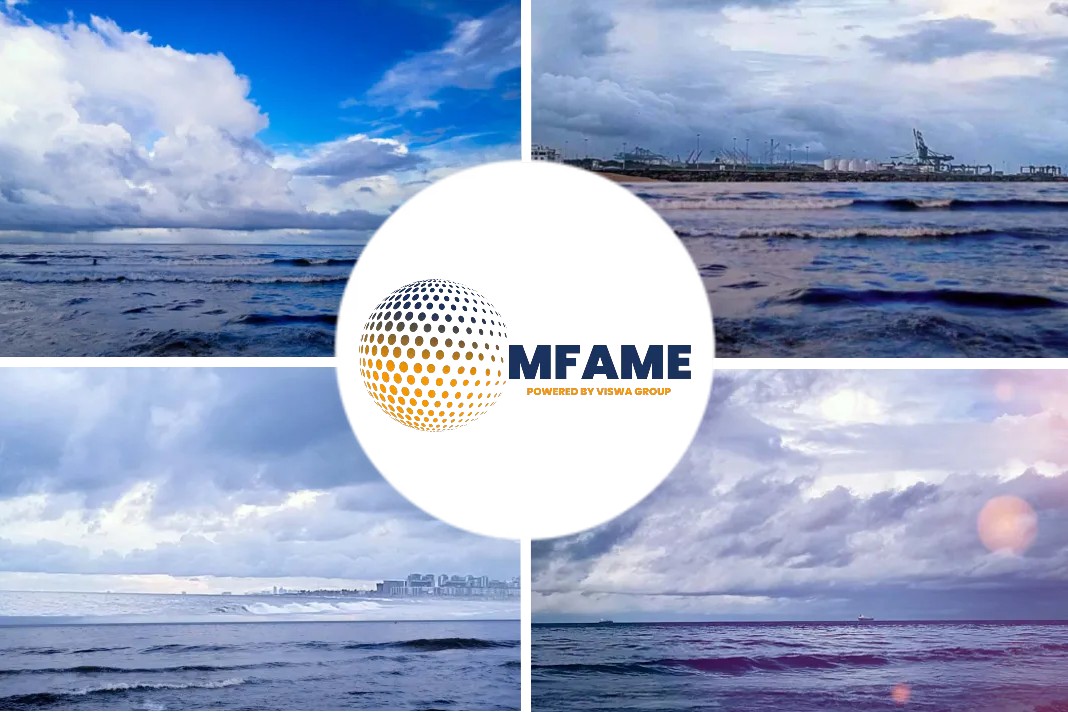
- The Danish flagged 172-meter-long vessel is a key milestone for A.P. Moller – Maersk’s plans to achieve net zero greenhouse gas emissions in 2040 across the entire business.
- To meet the ambitious 2040 target of net zero greenhouse gas emissions in time, Maersk aims to transport a minimum of 25% of Ocean cargo using green fuels.
- The landmark feeder vessel is a major step toward the long-term objective of gradually renewing the entire fleet to operate solely on green fuels.
Ursula von der Leyen, the president of the European Commission, has kindly accepted to be named godmother of A.P. Moller – Maersk’s new feeder vessel, the world’s first ever container vessel sailing on green methanol.
Godmother of green methanol vessel
The Commission President will formally name the vessel at a ceremony in Copenhagen on September 14, where it arrives on its maiden voyage, before heading to its regular operational route in the Baltic Sea.
The Danish flagged 172-meter-long vessel is a key milestone for A.P. Moller – Maersk’s plans to achieve net zero greenhouse gas emissions in 2040 across the entire business.
EU’s embodiment of green future
“Just a few years ago, this iconic ship was merely a vision. Now, it is a reality, and we are honored that Ursula von der Leyen has agreed to be its godmother.
The European Commission, and especially its President, have been instrumental in steering the European continent towards an ambitious, green future.
Our new vessel serves as a concrete example of the transformations that EU policies are supporting. This truly is the embodiment of the green deal in action,” said Vincent Clerc,CEO of A.P. Moller – Maersk.
Decarbonizing shipping
The 2,100 TEU (twenty-foot-equivalent) container vessel will stay in the Toldboden area of the Copenhagen harbor for about a week and be the focal point of several events and activities related to the shipping industry’s effort to decarbonize.
The vessel will provide real operational experience for Maersk seafarers handling the new engines and using green methanol as fuel, as the company prepares to receive a fleet of new, large ocean-going methanol engine powered ships from 2024.
Net-zero GHG emissions by 2040
To meet the ambitious 2040 target of net zero greenhouse gas emissions in time, A.P. Moller – Maersk aims to transport a minimum of 25% of Ocean cargo using green fuels by 2030, compared to a 2020 baseline.
The landmark feeder vessel is a major step toward the long-term objective of gradually renewing the entire fleet to operate solely on green fuels.
Did you subscribe to our Newsletter?
It’s Free! Click here to Subscribe.
Source: Maersk















